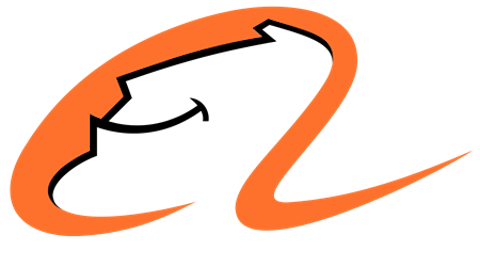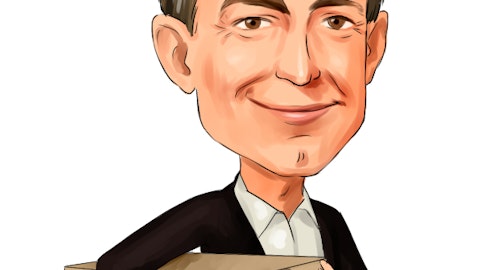Shares of Best Buy Co., Inc. (NYSE:BBY) are down by nearly 7% this morning after Bank of America Merrill Lynch reversed its rating on the retailer to an ‘Underperform’ rating from a previous rating of ‘Buy’, a two notch downgrade. Furthermore, analyst Denise Chai tacked a price target of $32 per share on Best Buy’s stock, over 1% lower than it’s currently trading at, even factoring in today’s dip. The firm previously had a price target of $45 on the tsock. Chai, in her downgrade note, said that the second half of 2015 may be weak for Best Buy Co., Inc. (NYSE:BBY) as there is a possibility that same-store sales could decrease through the end of the year on the mixed product cycle ahead. Furthermore, she said that there are limited catalysts that may boost the stock price and that the firm’s reinvestment in its business is offsetting its efficiency efforts. Though Bank of America Merrill Lynch sees Best Buy continuing to increase capital return and performing well relative to the industry, Chai said that if second half comparable-store sales are negative, as they expect, the shares and multiple of the firm are “at risk”.

Hedge funds were also not confident in Best Buy Co., Inc. (NYSE:BBY) in the first quarter. By March 31, total holdings of those who were still long in Best Buy decreased by 13.15% compared to the previous quarter, to $888.29 million. Furthermore, heading into the second quarter, a total of 41 of the hedge funds tracked by Insider Monkey held long positions in this stock, down from 50 one quarter earlier. The smart money had already been proven right before the latest downgrade, as shares of Best Buy tumbled by over 13% in the second quarter.
Why are we interested in the 13F filings of a select group of hedge funds? We use these filings to determine the top 15 small-cap stocks held by these elite funds based on 16 years of research that showed their top small-cap picks are much more profitable than both their large-cap stocks and the broader market as a whole. These small-cap stocks beat the S&P 500 Total Return Index by an average of nearly one percentage point per month in our backtests, which were conducted over the period of 1999 to 2012. Moreover, since the beginning of forward testing from August 2012, the strategy worked just as our research predicted, outperforming the market every year and returning 139% over the last 34 months, which is more than 80 percentage points higher than the returns of the S&P 500 ETF (SPY) (see more details).
We also track insider transactions to give us an idea about the sentiment of insiders in their companies. Best Buy insiders have not bought any shares this year, but have sold some shares. Directors Hatim Tyabji and Kathy Higgins Victor and Large Shareholder Richard Schulze sold 11,250 shares each on April 6, April 8 and April 17, respectively.
Contemplating these moves, let’s review the newest hedge fund activity concerning Best Buy Co., Inc. on the next page.



